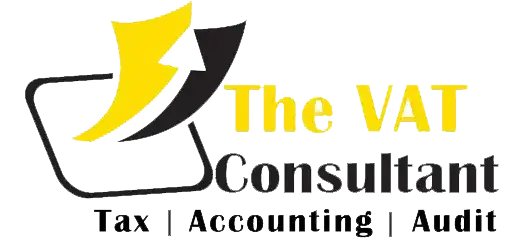Bare land refers to unfinished buildings, unfinished buildings or land that cannot be covered by civil engineering. Let us understand the applicability of VAT on bare land in the UAE.
What is bare land?
The term “land” refers to any area on the surface of the earth, including any trees, plants or natural objects within, below or above it. The general meaning of bare land is empty land, that is, land without buildings, regardless of whether there is part of the land, or nothing else on the land.
In order to treat land as “bare land” under the UAE VAT, no one of the following must exist above the land:
1. Completed buildings or
2. Partially completed buildings or
3. Civil Engineering
If a piece of land is covered only by natural objects such as natural trees and natural plants, it will be considered bare land under the UAE VAT.
VAT on bare land supply
Supply of bare land is exempt from VAT. This includes the provision of bare land through lease or sale. As a result, the VAT on the costs associated with the supply of bare land will not be recovered by the supplier. For example: agency fees, attorney fees, etc.
If the piece of land supplied does not meet the definition of “bare land”, it is considered commercial land and the supply shall be subject to value-added tax at the standard rate of 5%. As a result, the supplier will be eligible to recover the value-added tax paid for expenses related to land supply.
When to consider partially completing the building?
When the construction phase has exceeded the foundation level, the building will be considered partially completed.
When to consider civil works covering land?
Examples of civil engineering include roads, bridges and pipelines used for water or electricity services. If the land has been covered by fully or partially completed civil engineering, the land is not considered “bare land”.
Will farmland be considered bare land?
Farmland is usually considered commercial land because it is usually covered by infrastructure or civil engineering to enable it to operate as a farm. For example: irrigation systems, roads, utility connections, etc. However, this needs to be assessed on a case-by-case basis.
How to deal with bare land development land?
If the landlord leases a piece of land to a tenant who intends to develop the land, it is important that the landlord determine whether he is providing the tenant with bare land or covered land. If the landlord provides bare land, the supply will be exempt from VAT. If the land provided by the landlord is not exposed, the supply will be subject to value-added tax at the standard rate of 5%.
Therefore, under the UAE’s value-added tax, bare land supply will be exempt from value-added tax. If the supplied land does not meet the definition of bare land, the supplied land is subject to a 5% value-added tax.


























